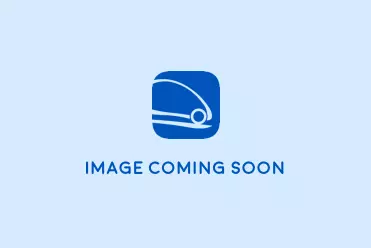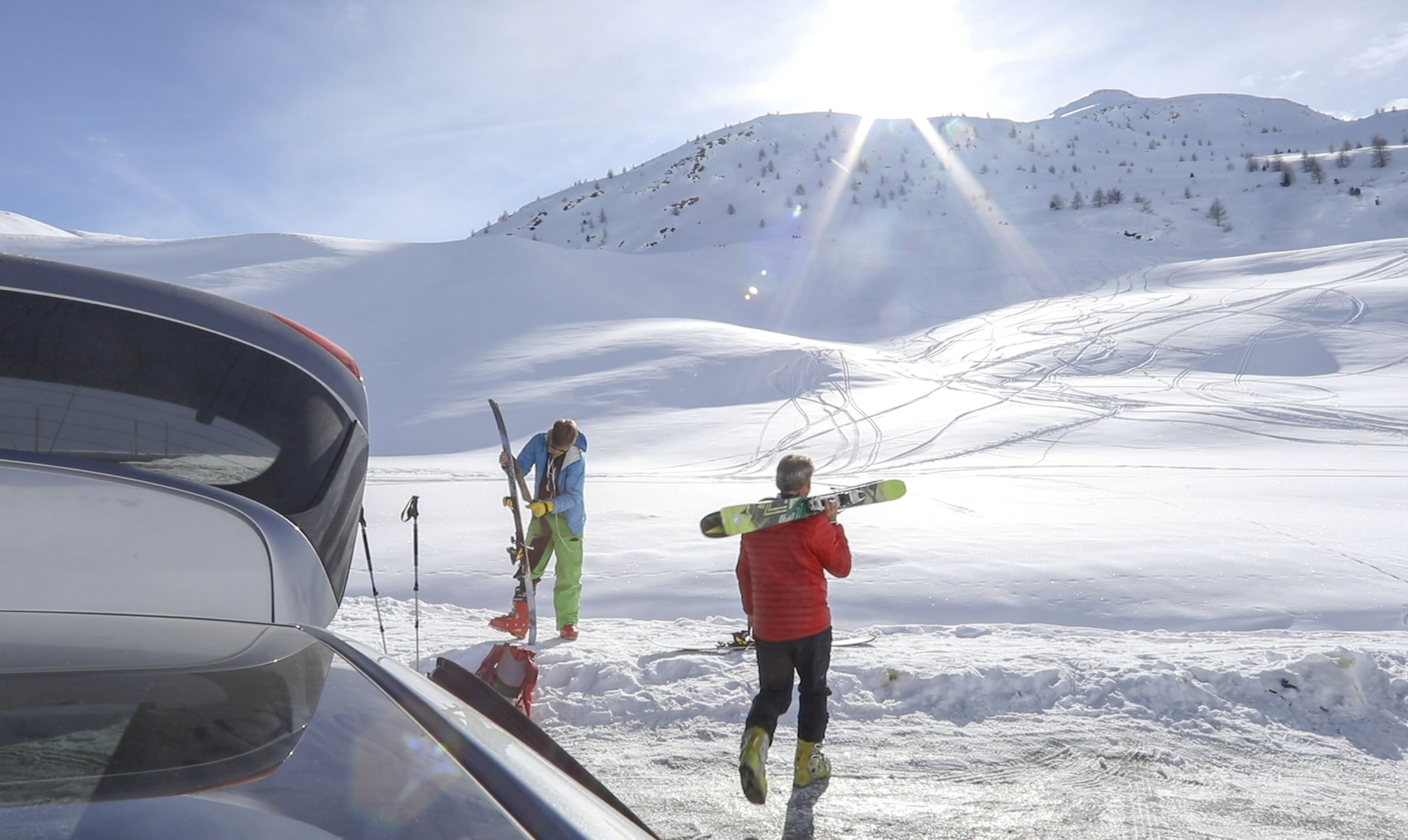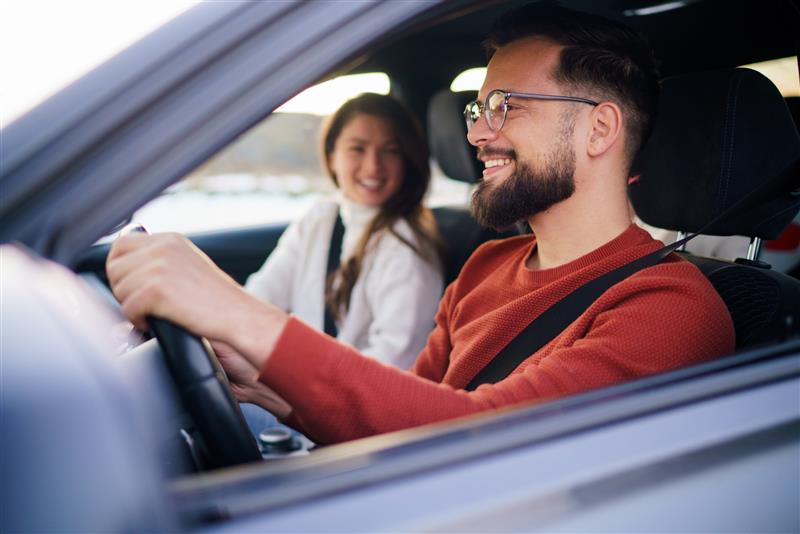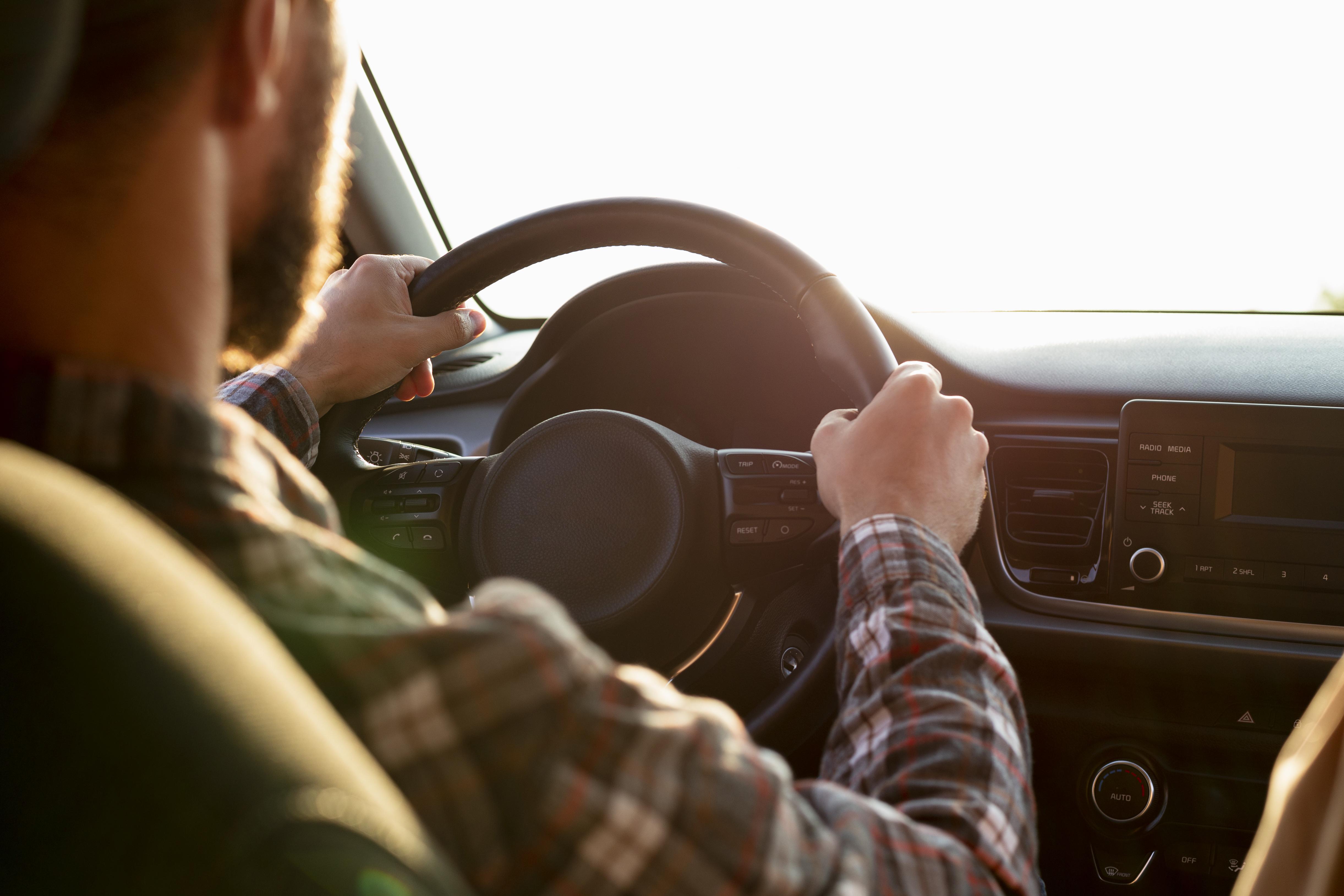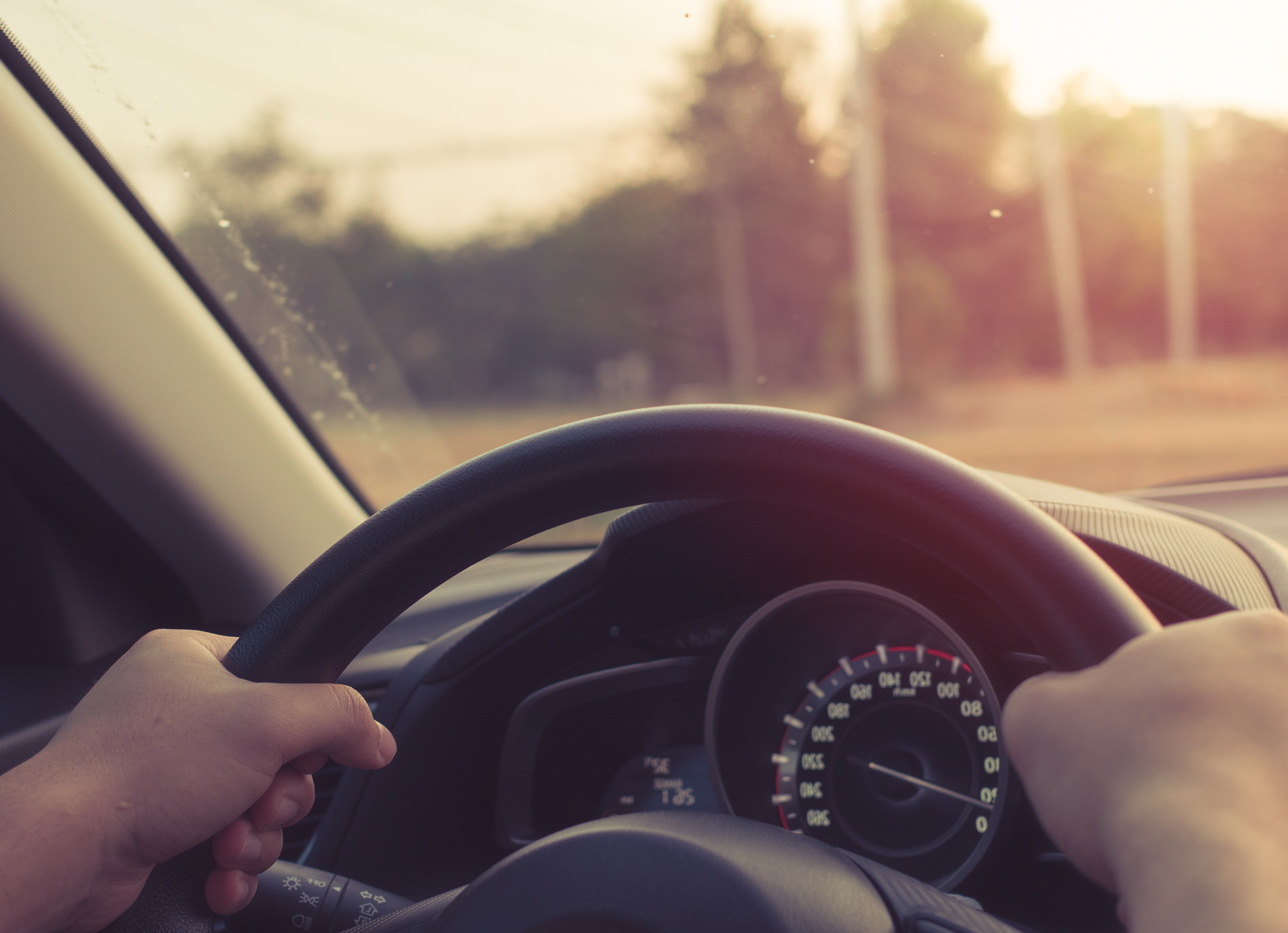Rental companies pepper their agreements with many hidden charges which could end up doubling or tripling the cost of the actual hire car itself. We all know why you are here and this is great news, you have found a great website to start saving you money on your next hire car. This time around, I don't really want to tell you about car hire excess insurance, but something more to do with car rental gadgets - the Satellite Navigation System, or better known to us as the "satnav".
In the majority of European rental car fleets, the satnav remains a luxury and depending on where you have just hired your vehicle from, it will most likely be extra if you decide to hire a vehicle fitted with one. The trick is, can you get one in time before the rental desk at your pick-up location runs out of stock?
It is one of the reasons why companies like TomTom became a major success with business travellers and long stay holiday makers. The price of the satnav became so affordable so quickly, hiring one from the rental car company was absolutely crazy.
If you are on a nano-break or on a business trip with a tight schedule, today's congested traffic conditions can be very frustrating, wasting fuel from idling engines and valuable time that should be spent outside the car, not to mention increased pollution and driver stress.
Research by leading telematics company TomTom WORK shows that a satnav in your vehicle can result in:
- 40% saving in mobile 'phone costs
- 16% reduction in driving distances
- 18% reduction in driving time
- 15 % cut in fuel costs
The above proves that having a satnav in your vehicle is probably a must now-a-days! After all, it is an excellent driving aid and it helps chip away at nonsense costs.
Here is the car hire insurance hook! Not using a navigation system increases the number of claimed accidents by 12% and increases the claimed damage costs by 5%. You would have thought I was bound to talk about this!!! Does not this convince you need a satnav on your next journey? I have been thinking of selling TomToms or Garmin satnavs on our site. Our insurer would love us! Now that would be interesting.
TomTom's research
With personal navigation systems becoming so popular over the last year or two, some have questioned the effect such systems have on traffic safety. To find out which opinion is right, TomTom - probably the leader in personal Satnav devices - joined forces with Delta Lloyd insurance, AON insurance and Athlon car leasing to commission an independent research project.
The research, carried out involved a comprehensive user survey of 4,000 motorists and a scientifically-controlled driving experiment with a TomTom navigation device, to determine effects on stress, workload and driver behaviour. Dutch research company TNO asked key questions about using a navigation system, to find out the effects navigation systems have on road safety.
Here's how the research panned out. During experiments, drivers using a navigation device had 12% improved reaction times. Moreover, 78% of people felt more in control, 68% less distracted, 67% less stressed and 45% more alert when using a navigation system. Hardly surprising, then, that 62% of the drivers felt a navigation system made it easier to keep focused on the road.
And according to the research, on average, when using a navigation system, you make 25% less stops and spend 35% less time standing still. During the experiment, drivers also made fewer turns when using a navigation device, and there were over twice as many occurrences of inappropriate behaviour (missing road signs, standing still at a green light, etc) by drivers not using a navigation device. And on one in every four journeys without the TomTom navigation device, the driver got lost at least once. But when driving with the device, not one of the subjects got lost.
The burden on the driver is clearly reduced, according to the report. A PDT test (which determines reaction time to a red LED light stimulus) proved that the objective workload was reduced by 20% when driving with a navigation system. And quantitative analysis of questionnaires completed by the test drivers after the test found that the subjective workload of drivers using a navigation system is reduced by 55%.
While touted as an independent research, it's no surprise that the results released paint a wholly positive picture about satnav devices, and of course it would apply to most other portable and fixed navigation systems.
I would broadly go along with the above, though experience of using my portable satnav device in general reveals another side to the story. These units will sometimes plot a course that - while getting you to your destination - can leave you stressed, having navigated you through single track lanes, etc. This may be often down to the initial settings of the route preferences and so on, but as with so many things, I seldom read instructions or spend much time to change default settings. Having said that, I did manage to change the voice to something more pleasant - it is amazing the number of personalities you can get! My kids have a blast with it - they refer to it as Silly Sally!



